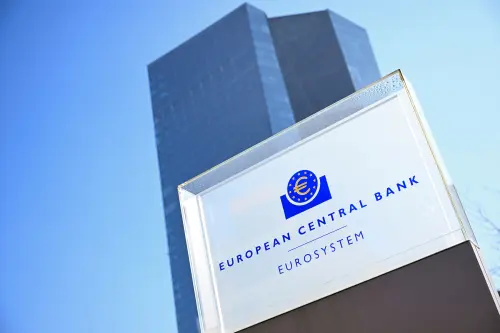Introduction
The European Central Bank (ECB) is grappling with the potential economic implications of U.S. tariffs, as evidenced by their deliberations during the March 5-6 meeting.
Context
ECB policymakers had already been analyzing the prospective costs of U.S. tariffs, anticipating that these measures could hinder growth while presenting ambiguous inflationary effects. During the recent meeting, the ECB maintained its monetary policy stance, leaving open the possibility for further easing without making definitive commitments for the upcoming April decision, given the ongoing uncertainties.
Developments
Economic Impacts
The minutes from the March meeting indicated concerns about forthcoming shocks, particularly from escalating trade tensions, which could substantially affect growth. The policymakers expressed that such uncertainties increase the risk of inflation falling below the target in the medium term, potentially necessitating decisive action from the ECB.
Price Surges
Despite the concerns, officials warned that trade barriers might lead to a temporary increase in prices, especially if Europe retaliated with similar measures. The combination of U.S. tariffs and potential European countermeasures could create upward pressures on inflation in the short-term.
Market Reactions
Following the March meeting, investors have anticipated another rate cut on April 17, now estimating a roughly
90% chance of such a move, with expectations for two additional cuts later in the year due to diminishing inflation pressures. The tariffs announced by U.S. President Donald Trump are expected to negatively affect growth, further complicating the ECB's inflation management strategy.
Current Market Conditions
Recent weeks have seen a surge in the euro, rising bond yields, and rapidly declining energy prices, all contributing to easing pressure on inflation. However, the landscape remains complex as Europe's retaliation against tariffs is likely to elevate prices.
Conclusion
The ECB is faced with significant uncertainties that necessitate caution in policy formulation and communication. A fragmented global landscape could escalate costs for businesses, further raising inflationary pressures, while increased government spending on defense might boost overall demand and prices.

